
To an American visitor, Britain can feel both familiar and quietly puzzling. Beneath the shared language lies a world of subtle customs and everyday quirks that often defy expectation. Whether you’re planning to go on a trip or just curious about cultural contrasts, these British habits might surprise you. Read on to see what leaves Americans genuinely confused.
Apologizing Even When It’s Not Their Fault
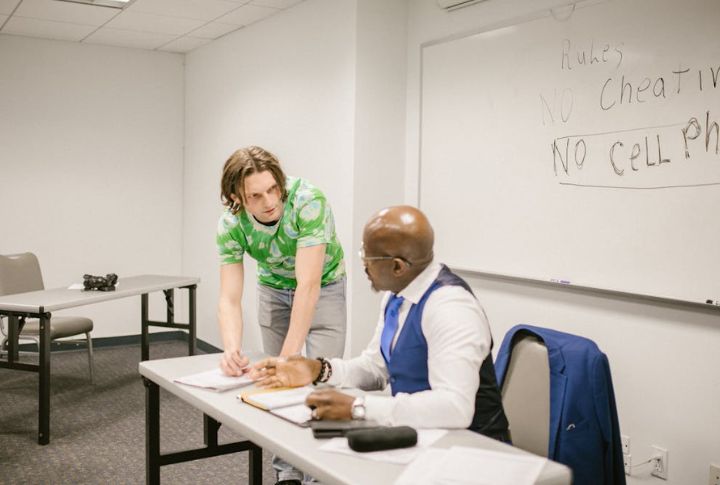
Ever wonder why someone might apologize to an inanimate object? In the UK, saying “sorry” extends beyond genuine remorse, usually serving as a subtle tool to direct awkward social encounters or deflect potential blame. This widespread habit, where one in eight Brits utters “sorry” up to twenty times daily, is a fascinating cultural quirk, frequently preceding a simple question as a polite preface.
Saying “Cheers” Instead Of Thank You
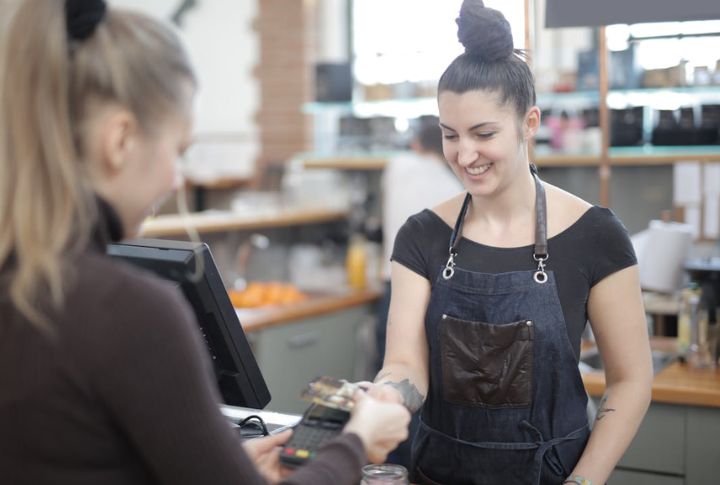
A curious linguistic shortcut has taken root across the UK: “cheers” frequently replaces “thank you.” This versatile term, used in shops, with taxi drivers, and even in emails, doesn’t always signal a celebration. Instead, it’s a casual yet effective way to express gratitude or simply conclude an interaction, which is more popular than “sincerely” in digital correspondence.
Avoiding Eye Contact With Strangers
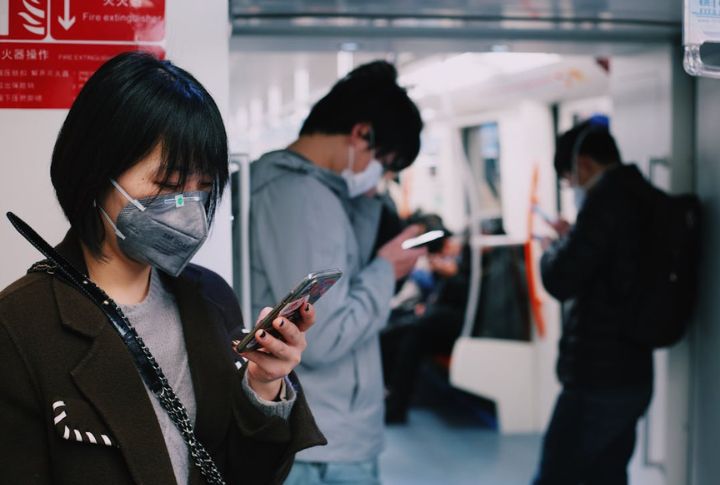
Walking through a city, you might notice a distinct lack of prolonged eye contact among strangers. This isn’t rudeness, but rather a subtle adherence to social etiquette that values personal space and quietude. It’s particularly evident on public transport, where Londoners playfully dub it the “Tube stare avoidance game,” where individuals frequently gaze out the window instead.”
Talking About The Weather Constantly
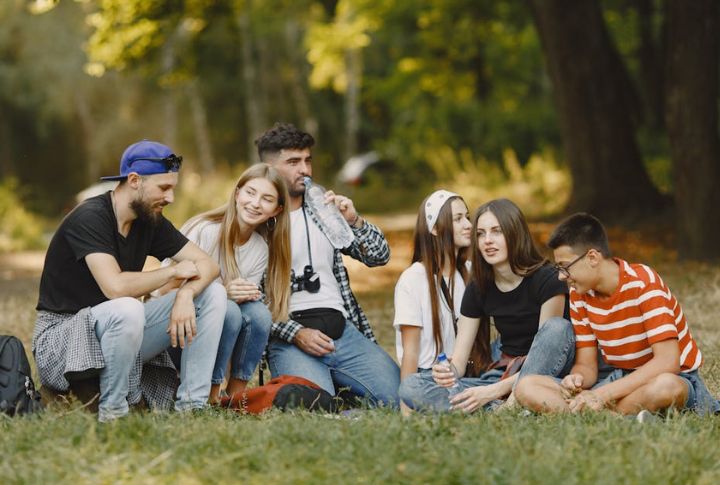
What’s with the endless chatter about the weather in the UK? The seemingly mundane topic acts as an essential social lubricant, adeptly filling conversational voids or easing into new interactions. Fueled by the nation’s famously unpredictable climate, Brits reportedly discuss the weather four times a day; “Nice day, isn’t it?” can effortlessly open or close almost any conversation.
Saying “You Alright?” Instead Of “Hello”
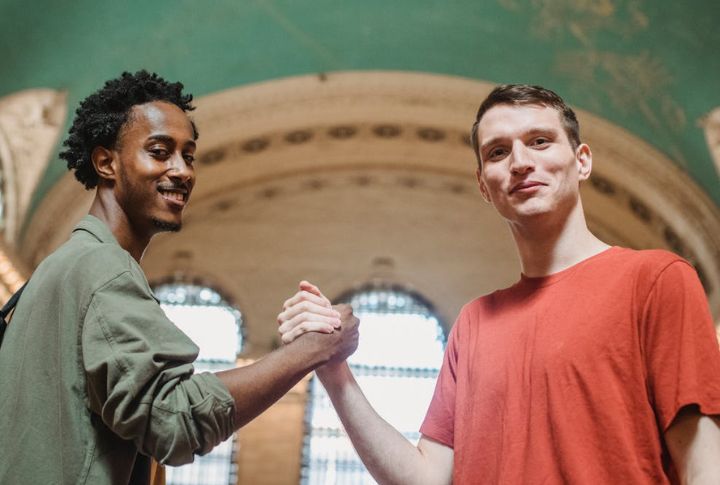
Imagine being greeted with “You alright?” This typical British salutation frequently leaves visitors confused, mistakenly believing it’s a health inquiry. Yet, it’s merely a customary greeting, typically met with the exact phrase in return. Frequently shortened to “Y’all right?” in casual settings, this simple exchange streamlines social interactions, avoiding lengthy personal updates.
Preferring Baths Over Showers
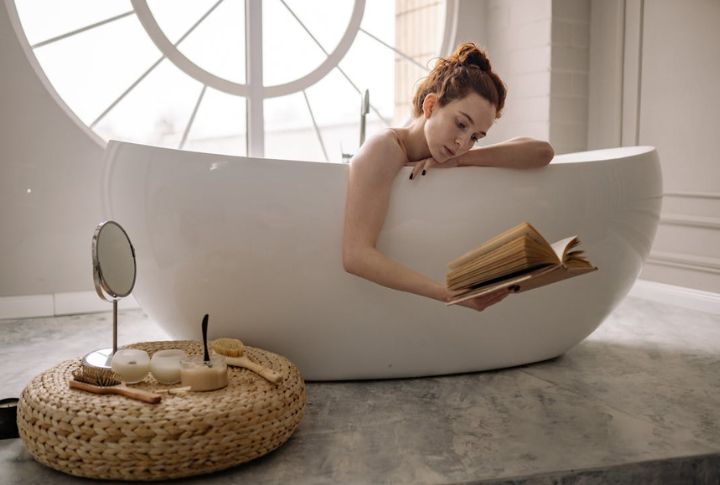
A common feature in many British homes is the deep bathtub, often favored over a standalone shower. For many, a bath is seen as a ritual of relaxation, not just a quick cleanse. Such preference also stems from older plumbing systems that can make shower installations a bit more complex. It’s not uncommon for Brits to enjoy a book or a cup of tea while soaking.
Using Sarcasm And Understatement Regularly

Have you ever encountered humor so dry it leaves you pondering its true meaning? In the UK, self-deprecating humor and understatement are deeply ingrained cultural norms. Compliments are frequently downplayed or cloaked in irony, usually leaving literal-minded Americans misinterpreting the actual intent. For instance, a casual “Could be worse” might actually imply a truly dire situation.
Avoiding Talking About Money
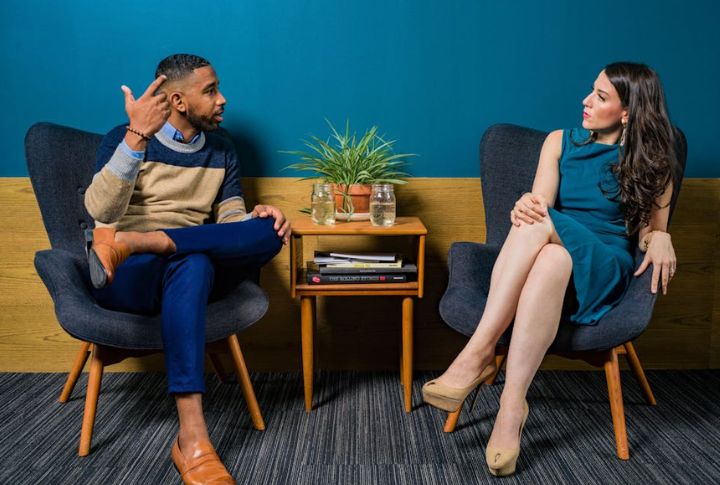
Delving into financial specifics like salary, rent, or even the cost of an item is generally considered a social faux pas in the UK. Money matters are seen as intensely private, and asking about them can be perceived as quite impolite. Brits instead favor a subtle approach to finances, often downplaying their wealth with phrases like “we manage,” and discussing money at the local pub is practically unheard of.
Keeping Personal Space In Conversations
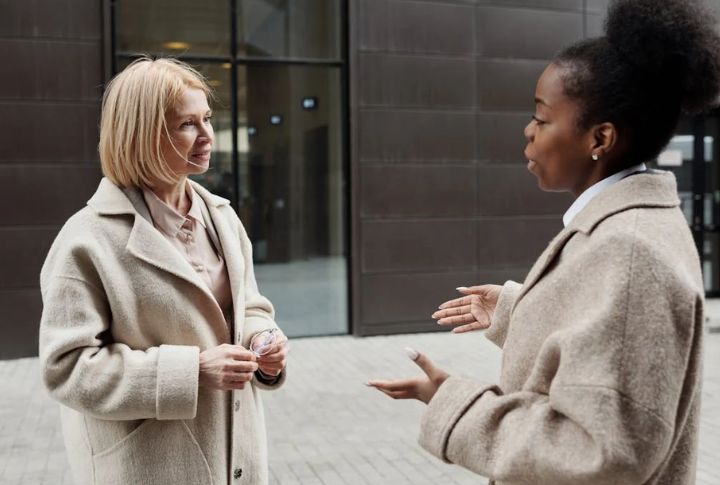
Step into a conversation with a Brit, and you might notice a subtle yet distinct physical buffer. Maintaining a more expansive personal space during chats is a common practice, and standing too close can quickly trigger discomfort, mainly resulting in a polite retreat. This unwritten rule is particularly strict with strangers; while a handshake is perfectly acceptable, hugs are typically reserved exclusively for close friends.
Wearing School Uniforms Everywhere
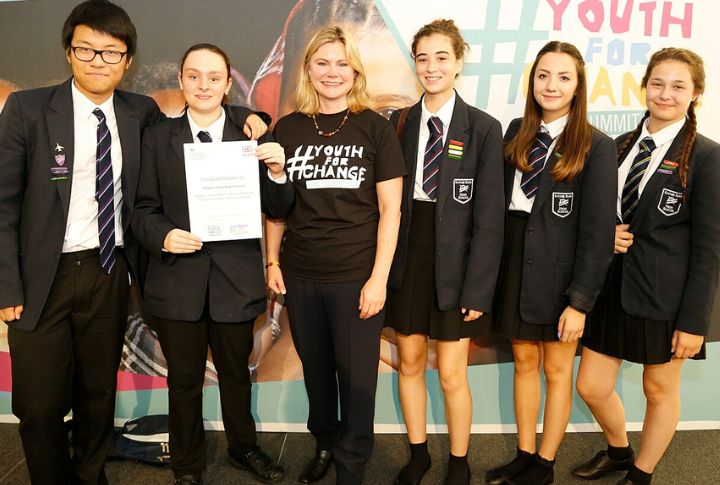
Walk through any British town on a weekday and you’ll likely spot students in school uniforms. These aren’t just for private institutions; uniforms are standard across most UK schools. Their purpose extends beyond mere dress code, aiming to minimize visible class distinctions and reduce classroom distractions. Typically featuring ties, blazers, and embroidered logos, these outfits are sometimes subtly customized.

